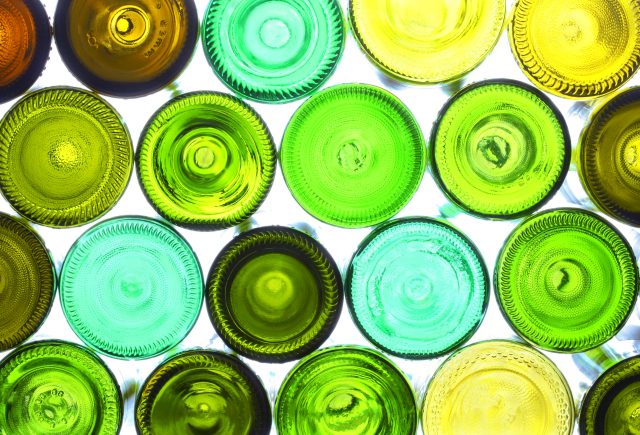This website uses cookies so that we can provide you with the best user experience possible. Cookie information is stored in your browser and performs functions such as recognising you when you return to our website and helping our team to understand which sections of the website you find most interesting and useful.
Scientists launch wine bottle washing project in Finger Lakes, New York
Glass scientists in New York State are studying ways to wash and reuse wine bottles in order to mitigate rising costs for Finger Lakes producers.

Glass scientists at Alfred University, in a partnership with New York State and Vitricity, a consulting company focused on promoting sustainability in the glass industry, are studying ways to wash and reuse wine bottles.
Researchers behind the project hope to remove tens of thousands of wine bottles from the local waste stream each year, reducing costs for Finger Lakes wine producers.
The bottle washing research project is being conducted at Alfred University’s Center for Glass Innovation. The New York State Department of Environmental Conservation (DEC) has awarded Alfred University US$4.2 million (£3.3m) from its Environmental Protection Fund to perform research aimed at promoting glass recycling and reuse. The bottle washing project is supported by these grant funds.
Alfred University researchers have surveyed wine producers in the Finger Lakes region to gauge their interest in the project and learn more about how to assist the local wine community.
Finger Lakes is home to more than 130 wineries, primarily on Keuka, Seneca, and Cayuga lakes, and the average winery uses about 10,000 bottles each year in their tasting rooms alone, with some going through as many as 50,000 annually, the survey has found.
The cost of glass is increasing, in part as a result of supply chain issues, meaning wineries are hit with higher costs for buying in glass. Washing and reusing bottles could mitigate some of these costs.
One of the researchers commented on the study: “Our research shows that in some countries that have bottle washing, bottles can be used as many as 30 times. Canada has programs in place, focusing on the beer industry. We’d like to do what they’ve done and apply it to wineries in the Finger Lakes region. This would be a huge benefit, not only for the vineyards financially, but for our overall sustainability efforts.”
However, undertaking such a huge task is no easy feat.
“There are some concerns,” she said. “How do we know the bottles are clean enough to be reused? What is the impact of water and the cleaning detergents: does it corrode the glass? How does wine impact the integrity of the glass? As the bottles are washed, how long before the glass breaks?”
The process comes with some challenges. Glass is minutely porous, meaning its pores are measured in nanometres. Liquid stored in bottles can degrade glass and settle under the surface of the inside of the bottle. That residue is evident in its odour and potentially could impact the taste of the wine.
Research used in the study looks into a method of washing the bottles which would allow a very thin layer of the glass surface — as small as a micron, or one-millionth of a metre — to be removed, taking away any residual moisture and leaving a new, more pristine interior surface of the bottle.
The scientists behind the study have said that once a suitable method for washing the bottles is achieved, focus will be placed on developing facilities for collecting and washing the bottles and determining how they will be transported to and from the wineries.

